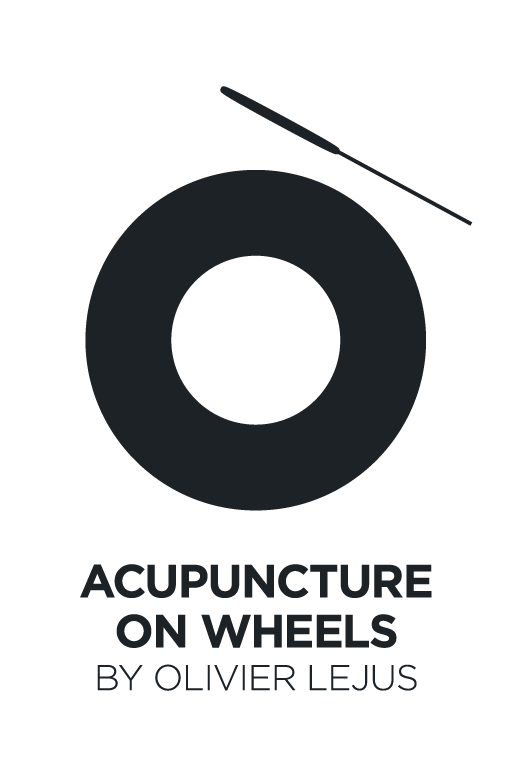Acupuncture During Pregnancy
Acupuncture during pregnancy is a trusted, age-old practice. It supports women throughout their pregnancy journey, paving the way for a healthy and successful pregnancy experience. Acupuncture offers a natural and practical approach to managing the unique challenges faced during the forty-week period from fertilisation to birth. If you are overdue, specific acupuncture points and gentle techniques can safely, effectively, and painlessly reduce discomfort and induce labour contractions.
Why Consider Acupuncture During Pregnancy?
Acupuncture has been used effectively for many centuries to help women achieve successful pregnancy. It is a natural approach to Medical therapy, where the body’s energy is stimulated by very fine needles. It has been shown to have a powerful effect on the nervous system and hormonal regulation without the use of medication.
While a medical team of obstetricians and midwives should remain the primary caregivers during the pregnancy, a skilled acupuncturist can safely harmonise the physical and hormonal changes while avoiding the obvious risks to the future mother and the developing foetus associated with the intake of pharmaceutical drugs.
Medical studies have shown that regular acupuncture treatments during pregnancy can:
Result in a shorter duration of labour contractions
Achieve a 35% reduction in the medical induction rate
Reduce emergency caesarean procedures by 32%
(ref: Medical acupuncture,2006. 17(3):17-20 )
Benefits by Trimester
Pregnancy brings different challenges and changes with each trimester. Acupuncture can help manage these changes by providing targeted relief and support when you need it most. Let's review how acupuncture can be specifically adapted to help you feel better throughout each stage of your pregnancy.
First Trimester
From the onset of pregnancy, as the body learns to adapt to the physical and hormonal changes taking place, regular acupuncture treatments can effectively treat, without medications, early pregnancy symptoms such as morning sickness, headaches, nausea, stress, anxiety and sleeping difficulties.
Second Trimester
Later during the pregnancy, acupuncture can greatly improve fluid retention issues and lack of energy. As the pregnancy advances and the foetus's growth becomes more pronounced, changes in weight distribution can often result in lower back discomfort. Pelvic girdle pain can affect the lumbar-sacral area, the sacroiliac, and the pubic symphysis.
Conventional treatment of pelvic girdle pain during pregnancy is limited because of the potential hazards to the foetus. Research has shown that acupuncture, as well as home exercise, can be beneficial for the reduction of pain (Kanakaris et al., 2011).
Another study found that acupuncture as an adjunct to standard treatment was the method of choice for patients with pelvic girdle pain during pregnancy and was superior to stabilising, individualised exercise ( Elden et al.,2005). Once again acupuncture and gentle massage can offer a great deal of pain relief, which will also help improve your sleep.
Third Trimester
In the final stages of pregnancy, your acupuncturist can harmonise the hormonal and physical changes occurring as your body gradually prepares for delivery.
If you are overdue, specific acupuncture points and very gentle techniques can be used very safely, effectively, and painlessly to reduce discomfort and induce labour contractions.
Meet Olivier Lejus
Olivier Lejus has been in clinical practice for over twenty-three years. He holds a Bachelor of Health Science degree in acupuncture, a postgraduate Master of Health Science degree in Traditional Chinese Medicine from the University of Technology, Sydney (UTS), and a diploma in Remedial massage.
He is a government-registered Acupuncture, Chinese herbal Medicine, and Remedial Massage practitioner. Olivier's professional experience includes working in a fertility clinic in Sydney’s CBD, as well as treating HIV patients, pregnant women and elderly clients in several Sydney hospitals. As a university lecturer, he has delivered lectures and seminars on male and female infertility, and pregnancy.
Understanding the Safety and Science of Acupuncture During Pregnancy
As previously mentioned, acupuncture has been used during pregnancy for centuries. In Australia, all registered acupuncturists must have university qualifications, and like all medical specialists, they must undergo regular postgraduate training and follow strict health and safety regulations.
When practised by fully qualified professionals, acupuncture has been recognised by the World Health Organization (WHO) as a very safe modality. A comprehensive South Korean research paper compared the Korean National Health Insurance service record of 20,799 pregnant patients over 10 years (2002-2012).
Half of the women had received acupuncture treatments during their pregnancy, while the other half had only received Western medical treatments. It concluded that there were no significant differences in full-term delivery outcome, preterm delivery and stillbirth by pregnancy duration and amongst the high-risk and multiple pregnancy groups. Therefore “ in pregnancy, acupuncture therapy may be a safe therapeutic modality for relieving discomfort without an adverse delivery outcome “
Frequently Asked Questions About Acupuncture During Pregnancy
-
Acupuncture during pregnancy typically involves minimal discomfort. Many expectant mothers report feeling just a slight pinch as the needles are inserted, but this sensation quickly subsides. The procedure is generally relaxing, and many find it a soothing experience that helps manage pregnancy-related symptoms effectively.
-
The frequency of acupuncture sessions during pregnancy can vary based on your specific needs and the stage of your pregnancy. Typically, one session per week is common, but this may increase as you approach your due date or to address specific pregnancy-related issues such as discomfort or preparing for labor.
-
Yes, acupuncture is effective in reducing symptoms of morning sickness such as nausea and vomiting. Regular sessions can help manage these symptoms throughout your pregnancy.
-
Acupuncture offers tailored benefits throughout your pregnancy. In the first trimester, it can alleviate morning sickness and fatigue. During the second trimester, it helps manage fluid retention and back pain. As you approach delivery in the third trimester, acupuncture can prepare your body for labour and potentially reduce the need for medical induction. For more please see above section about the individual trimesters.
“The secret to living well and longer is:
Eat half,
Walk double,
Laugh triple,
And love without measure.”

